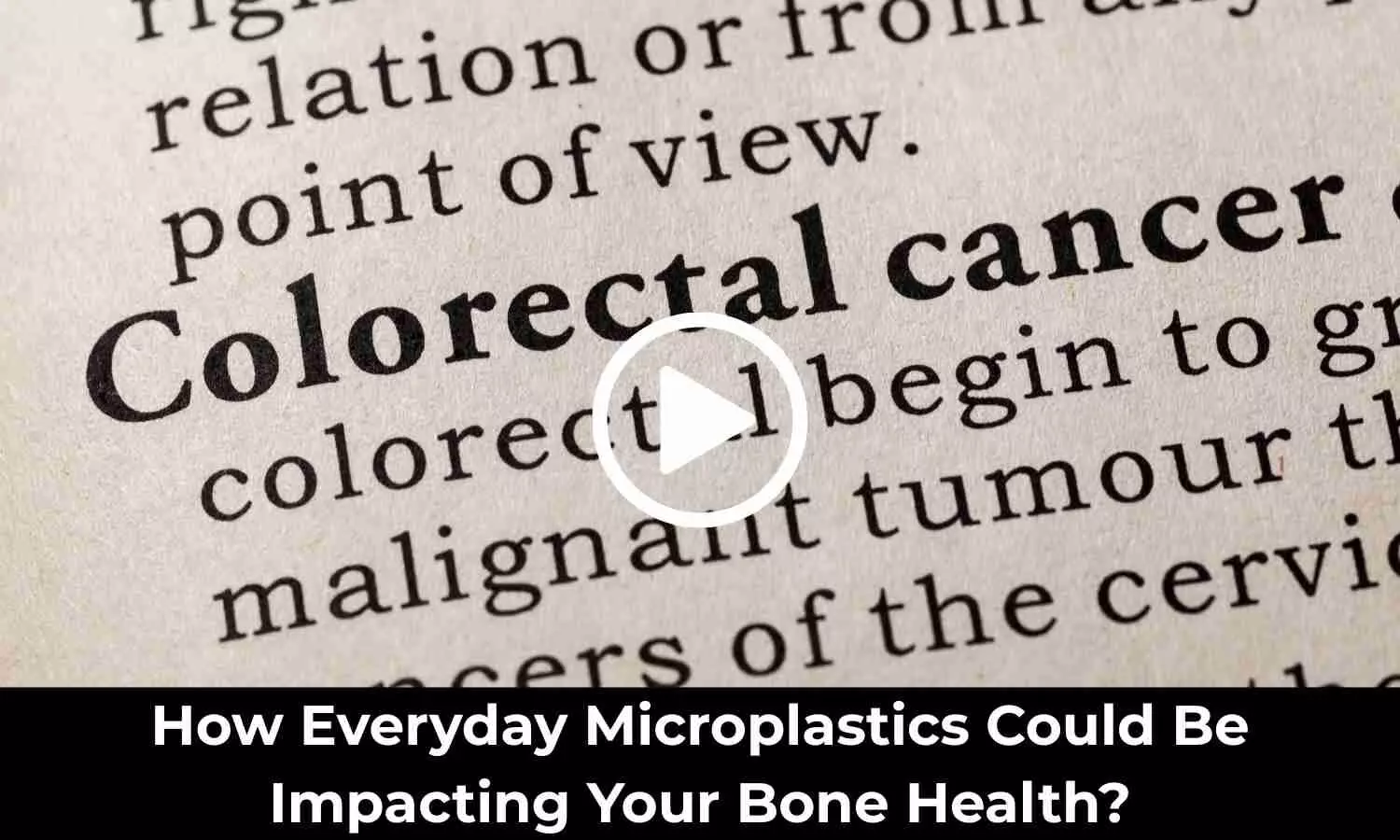This Simple Test May Detect 90 Percent of Colorectal Cancers: Study Suggests
- byDoctor News Daily Team
- 20 September, 2025
- 0 Comments
- 0 Mins

A recent study published inCell Host & Microbereveals a new approach for early detection ofcolorectal cancerusinggut microbiotaanalysis powered by machine learning. Researchers from the University of Geneva (UNIGE) have developed a non-invasive, cost-effective method based on stool samples that could significantly improve early diagnosis, offering an alternative to colonoscopies, which, despite their effectiveness, are often delayed due to cost and discomfort. Colorectal cancer is the second leading cause ofcancer-related deaths globally. While early detection can drastically improve outcomes, traditional screening methods remain underutilized. The new study harnesses advances in bioinformatics and microbial profiling to identify colorectal cancer with high accuracy by examining bacterial subspecies in the gut. The research team first created the most comprehensive catalogue to date of human gut microbiota subspecies. Using this catalogue, the researchers trained a machine learning model that identified 90% of colorectal cancer cases from stool samples—comparable to the 94% detection rate of colonoscopies and better than current non-invasive tests. “Instead of relying on the analysis of the various species composing the microbiota, which does not capture all meaningful differences, or of bacterial strains, which vary greatly from one individual to another, we focused on an intermediate level of the microbiota, the subspecies,” explains Mirko Trajkovski, full professor in the Department of Cell Physiology and Metabolism and in the Diabetes Centre at the UNIGE Faculty of Medicine, who led the research. “The subspecies resolution is specific and can capture the differences in how bacteria function and contribute to diseases including cancer, while remaining general enough to detect these changes among different groups of individuals, populations, or countries.” A clinical trial is underway with Geneva University Hospitals to refine the method further. Beyond cancer, the technology may pave the way for diagnostics across a range of diseases linked to gut health. “The same method could soon be used to develop non-invasive diagnostic tools for a wide range of diseases, all based on a single microbiota analysis,” concludes Trajkovski. Reference:Matija Tričković, Silas Kieser, Evgeny M. Zdobnov, Mirko Trajkovski. Subspecies of the human gut microbiota carry implicit information for in-depth microbiome research. Cell Host, 2025; 33 (8): 1446 DOI: 10.1016/j.chom.2025.07.015
Disclaimer: This website is designed for healthcare professionals and serves solely for informational purposes.
The content provided should not be interpreted as medical advice, diagnosis, treatment recommendations, prescriptions, or endorsements of specific medical practices. It is not a replacement for professional medical consultation or the expertise of a licensed healthcare provider.
Given the ever-evolving nature of medical science, we strive to keep our information accurate and up to date. However, we do not guarantee the completeness or accuracy of the content.
If you come across any inconsistencies, please reach out to us at
admin@doctornewsdaily.com.
We do not support or endorse medical opinions, treatments, or recommendations that contradict the advice of qualified healthcare professionals.
By using this website, you agree to our
Terms of Use,
Privacy Policy, and
Advertisement Policy.
For further details, please review our
Full Disclaimer.
Recent News
NMC approves 2,337 new PG medical seats for NEET P...
- 22 October, 2025
Rajasthan MBBS student airlifted from Kazakhstan a...
- 22 October, 2025
NEET SS 2025 now on December 26th, 27th: NBE
- 22 October, 2025
Daily Newsletter
Get all the top stories from Blogs to keep track.


0 Comments
Post a comment
No comments yet. Be the first to comment!